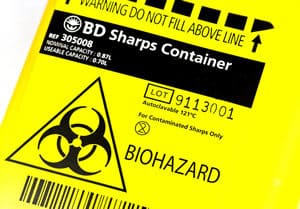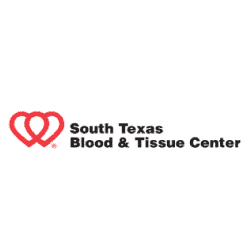Bio-Hazardous Waste Disposal Training: Making the Most of Your Time
Bio-Hazardous Waste Disposal Training: Making the Most of Your Time

Your medical team is thoroughly trained in their respective arts. These skills create a well-oiled machine in hospitals and clinics around the nation. Part of their job is dealing with medical waste too. They need regular updates to keep up with this associated aspect of their daily tasks. Make the most of your time by strategically arranging bio-hazardous waste disposal classes. Their flow and content drive the medical team’s success.
Divide Out the Employees
Your training sessions cannot be overviews of the same processes every time. You’ll only confuse the newcomers and bore the experienced people. Divide your employees into separate groups. Reserve strict updates to the experienced workers so that they can return to their departments. Newcomers in a separate group have a chance to learn new concepts without holding back people who already have the information. Bio-hazardous waste disposal classes must be customized. They have more impact that way.
Invite Bio-Hazardous Waste Disposal Experts to the Sessions
Healthcare workers understand the importance of medical waste disposal services. They may not know all the latest details, however. Ideally, invite your waste-collection account manager to each session. These experts discuss the latest changes to the protocols so that nothing is overlooked.
Monthly or quarterly invites also create bonds between the workers and waste crews. If any concerns arise, these relationships spark conversations and overall compliance. Any working relationship benefits the medical industry with safe processes.
Go Interactive
Lecturing any group of people results in some boredom. Almost no one appreciates long-winded speeches. As a productive alternative, make these sessions interactive. Ask employees to participate in scenarios with role-playing as a key element. The training becomes fun and educational at this point. Visual representations of the problems at hand have more impact than just explaining them with words or images on a screen. Keeping people motivated to continue with the medical waste disposal services class is part of the challenge.
Avoid Saturation
If your training sessions are several hours long, you’ve probably lost most of your audience after about 30 or 45 minutes. Training may be behind on the schedule. Don’t be tempted to catch up with a marathon session in response. Healthcare workers don’t have the time or attention span to keep up with this class structure. Keep the session as concise as possible. Follow it up with mini sessions that back up the information during future dates. You’ll see an improved implementation of the taught standards compared to a long and drawn-out class length.
Encourage Proactive Behaviors
It’s not just the medical waste disposal services that are responsible for the on-site containers. Every healthcare worker must be observant of their surroundings. During those training sessions, encourage proactive behaviors. These actions include the notification of the proper personnel if a container is full, malfunctioning or broken. Proactive behaviors keep everyone safe from infections or injuries.
Make a List
Each training session should also include the latest contact information. Contact names, departments, emails, and phone numbers are crucial for a streamlined workplace. Post the contact data in strategic areas around the medical facility. Request that the information should be saved on everyone’s cellphones so that immediate assistance is always possible. Instantly connecting with waste experts improves every facility.
Some service professionals may lack training opportunities because of budget cuts and other internal reasons. Select a bio-hazardous waste disposal company, such as MedSharps, that has available training. Discuss training options, frequency, and choices of teachers. Every training component translates into an experience that improves your medical care. Handling medical waste becomes a strategic habit as workers care for their patients.
For more information about bio-hazardous waste disposal training for your medical facility staff, visit https://medsharps.com/








